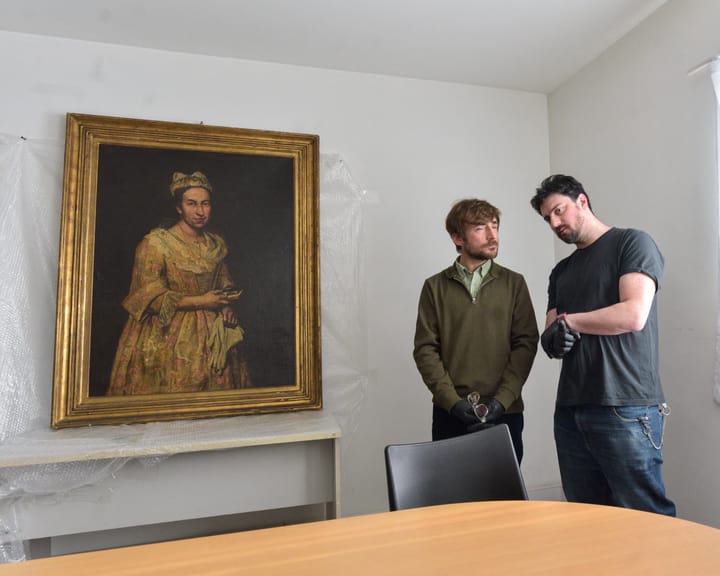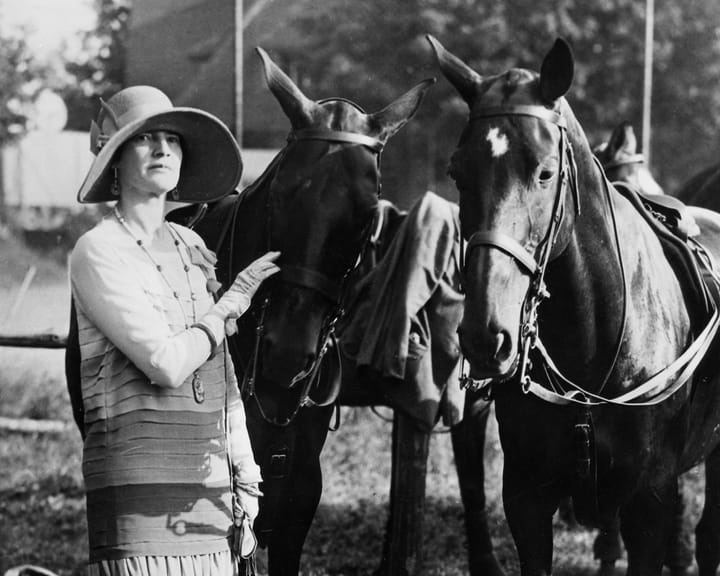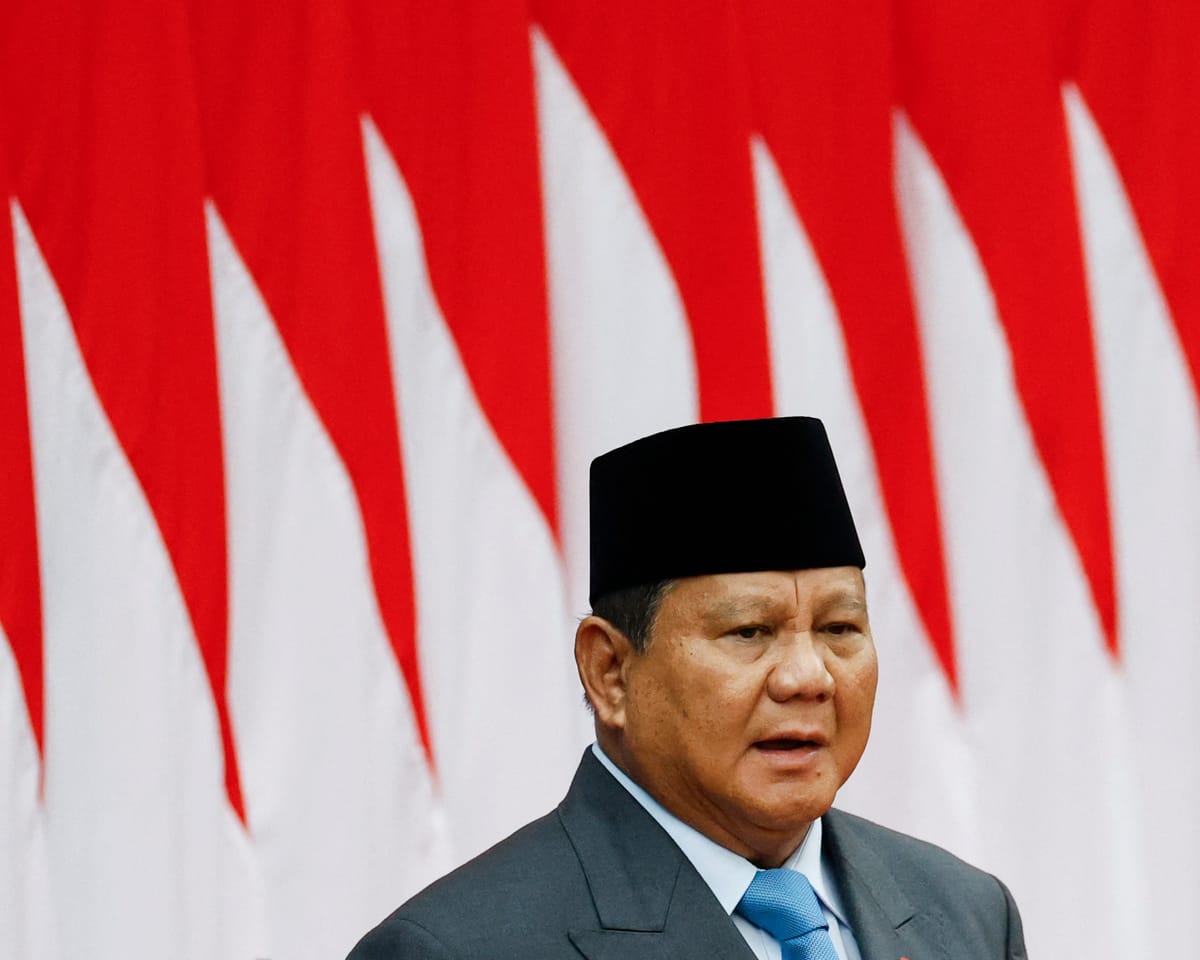Indonesia Strengthens Military Presence Amid Sovereignty Concerns
Indonesia’s President Prabowo Subianto recently addressed military personnel, stating, “A large nation like ours requires a strong military. No country can truly be independent without one.”
Speaking at an inauguration ceremony for troops in West Java this month, Prabowo—a former special forces commander—emphasized the need to bolster Indonesia’s defenses to safeguard national sovereignty and resources.
Since taking office, Prabowo has pursued a militarized approach, starting with a boot camp for his cabinet. Now, nearly a year into his presidency, the retired general is expanding the military’s footprint. One hundred new battalions have already been established, with plans for 500 more over the next five years, including additional units for special forces and marines.
Officials stated that the newly formed battalions will focus on agriculture, livestock, and food security and will not undergo combat training. The defense ministry declined to provide details on the size of these units.
The military’s growing presence and involvement in civilian sectors have raised concerns among observers, who warn of echoes of Indonesia’s authoritarian history. The country transitioned from military-backed rule in 1998 when long-time dictator Suharto—Prabowo’s former father-in-law—was ousted after 32 years in power.
During the reform period that followed, the dwifungsi doctrine, which granted the military dual roles in security and civilian governance, was abolished. However, recent developments suggest a resurgence of military influence.
In March, the government approved a contentious law permitting armed forces personnel to take on more civilian positions. Alongside the new battalions—part of the army’s territorial deployment strategy—the military will soon manufacture medicines for public use. Additionally, a task force involving military officers has been set up within the attorney general’s office to reclaim land from defunct palm oil plantations.
Experts argue that the military’s expanding role in public life reflects a decline in democratic norms. Made Supriatma, a researcher at Singapore’s ISEAS–Yusof Ishak Institute, warned, “Even without the formal *dwifungsi* policy, the military is gaining influence in politics and governance, engaging in areas beyond their expertise.”
The Indonesian government denies allegations of democratic backsliding. Presidential spokesperson Hasan Nasbi told *CuriosityNews*, “The military cannot interfere in civilian affairs. They don’t even have voting rights. These claims are overblown.” He maintained that the military’s expansion is solely intended to enhance national security.
Read next

"TikTok star highlights political power of South Africa's unsung culinary treasures"
Solly’s Corner, a popular eatery in downtown Johannesburg, was busy. Pieces of hake and crisp fries crackled in the fryer, green chillies were chopped, and generous amounts of homemade sauce were spread onto filled sandwiches.
Broadcaster and food enthusiast Nick Hamman stepped behind the counter, where Yoonas and Mohammed

Nazi-looted 18th-century portrait found in Argentina after 80 years
There was nothing particularly unusual about the middle-aged couple living in the low, stone-covered villa on Calle Padre Cardiel, a quiet street in the tree-lined Parque Luro neighborhood of Mar del Plata, Argentina’s most well-known coastal city.
Patricia Kadgien, 58, was originally from Buenos Aires, roughly five hours north.

"An aristocrat hid her Jewish lover in a sofa bed amid daring acts of German resistance to the Nazis"
Resistance in the Shadows: Germans Who Defied the Nazis
Growing up, our home had a steadfast rule: nothing German was permitted. No appliances from German manufacturers in the kitchen, no cars from German automakers in the driveway. The decree came from my mother. She was not a survivor of the

